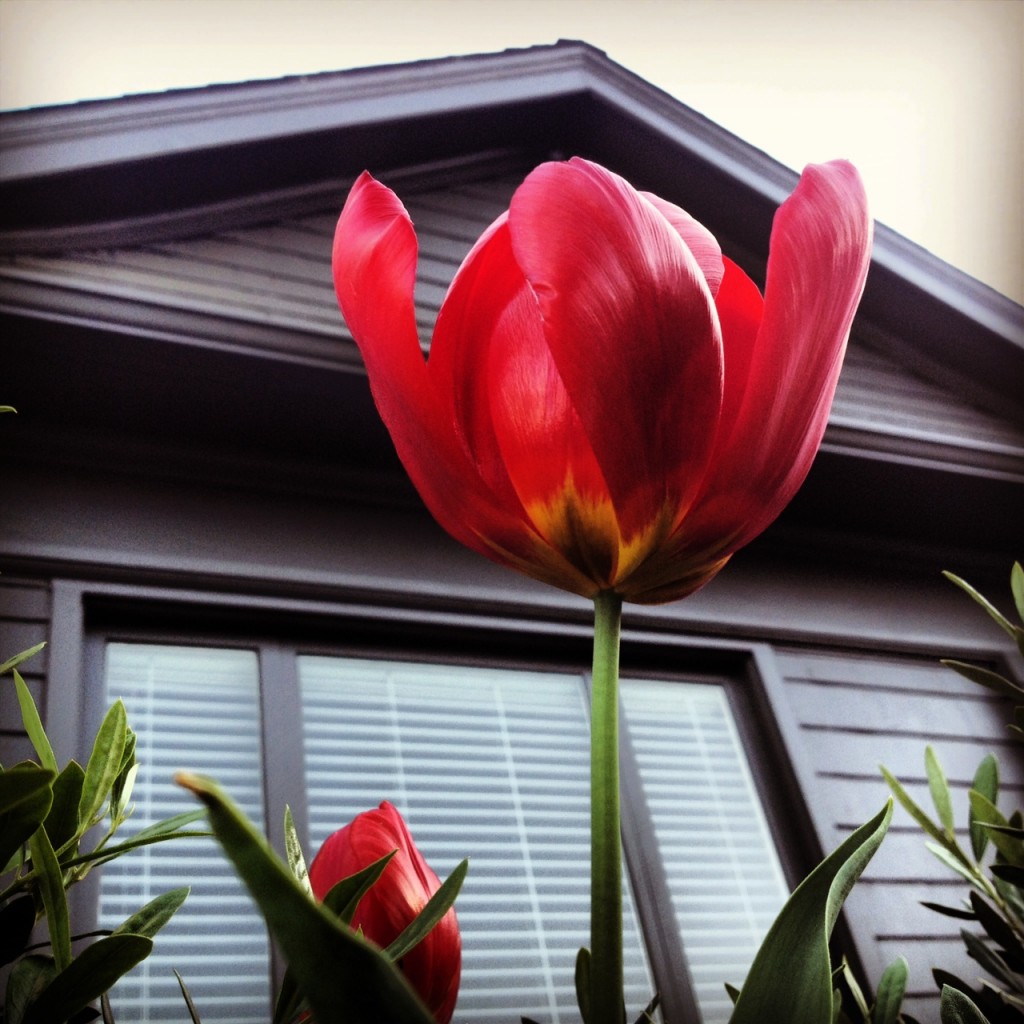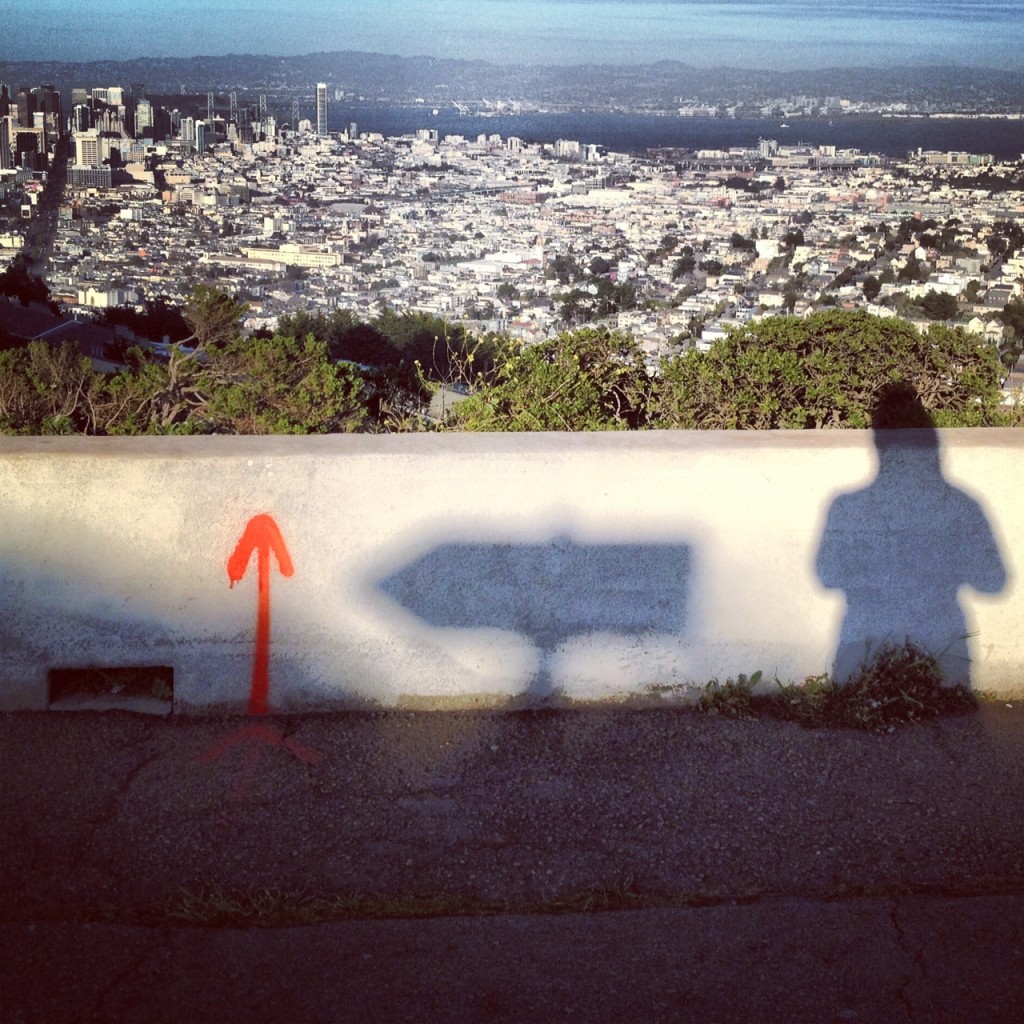March, 2013 archive
Baby, Thesis, Baby, Thesis 2
My days have been a river of one thing to the next lately, baby, shower, breakfast, thesis, baby, park, write, lunch, baby. A nap on a good day. Then baby, clean, cook, baby, baby, maybe thesis, baby, dinner, husband, thesis, write, read, sleep, baby, sleep, baby, sleep.
Then get up, and do it all again.
It’s really hard, this final push of my dissertation, with a one year-old. Thankfully, I have help. A babysitter two mornings a week. My mom a few days a month. A sister now and then. And most importantly, a supportive husband. A partner who’s thrilled to get home and scoot Basil off to the park, who loves being his dad as much as I love being his mom. But still, it’s really hard.
It’s hard to nurse Basil, put him down, kiss JJ, maybe make a cup of tea, and go sit down at my desk, every night. It’s hard to be tired, and to work anyway. It’s hard to think so much at the end of the day, every day.
All this focus makes me lose track of days. Whole weeks go by like a blur of fence posts on the interstate. Thesis baby thesis baby thesis baby. What, it’s Sunday again?
I’ve got so much other writing I want to work on. An essay about motherhood and work, inspired by an excellent post I read last month. Another for a post about how to get things done. And a page of scrawled notes about what it means to be original in the age of Instagram.
Maybe someday I’ll learn how to share these notes and ideas without feeling I have to refine and refine. I mean, we can have a conversation, tell a story, without perfection, right? The more I write, the better I feel at it. But it’s still so hard to post here sometimes, especially when I’m so tired. I can’t wait to have more time for all that other writing.
In the meantime, I jot things down, keep 5 different draft documents open and work on them when I can. And I keep wrestling the wild work in progress that is my thesis. Thanks to Annie Dillard’s The Writing Life, I think of it as a wild tiger:
“A work in progress quickly becomes feral. It reverts to a wild state overnight. It is barely domesticated, a mustang on which you one day fastened a halter, but which now you cannot catch. It is a lion you cage in your study. As the work grows, it gets harder to control; it is a lion growing in strength. You must visit it every day and reassert your mastery over it. If you skip a day, you are, quite rightly, afraid to open the door to its room. You enter its room with bravura, holding a chair at the thing and shouting, “Simba!”’.
I’ve learned that if I “tame the tiger” a little bit every day, I can remain the boss. Sitting down and writing for an hour or two today makes it possible to sit down more easily tomorrow. And when I stick with it, I have days when the tiger is curled at my feet, docile and purring, while my fingers fly over the keyboard with clarity and inspiration. Sometimes even at 11pm.
Out for Another Walk 6
I feel like most people I know wish they took walks more often, and are always glad when they did. And you’re always hearing about the health benefits of taking walks. As a mother, writing at home, I don’t get very much alone time, so lately I’ve been trying to take walks more often. And every time I do, I think, this is the simple key to happiness.
I bring along a little notebook and pen. I pull my sweatshirt tight against the wind, breath in the fresh air, notice primroses, tulips, a house for sale. I pant up flight after flight of stairs that cut up the hill to Twin Peaks, San Francisco’s highest point. Problems with the current thesis chapter hover in my mind like helicopters, somehow louder and clearer as I walk. Today, I realized this is reason alone to get out on walks. I’m currently inspired by how the novelist Dawn Tripp describes why she runs, in her post for Cynthia Newberry Martin’s blog Catching Days:
“I don’t run for time, speed, or distance. I don’t run to stay physically fit. I run to find a clearness of mind.”
And later in the post:
“Every morning I go out and run for this precise reason–to find my way deeper into a character’s self, some key turn of a story, to find that certain edge between intellect and free creative thought, to feel that shift in consciousness that allows me to write well. It’s not a state I can simply sit at a desk and think myself into–though many writers I know can. I have to be outside. I have to move. For me, it is that experience of the world–when I can breathe in the wind, the sun, the heat, the salt smell, the cold, and the light until the floss is stripped, and I am right there, in the pulse and life of a separate and entirely real, fictional world.”
What if I walked every day? What might happen in my writing?
Tell me, does walking (or running, or biking, or other movement) help you write?




